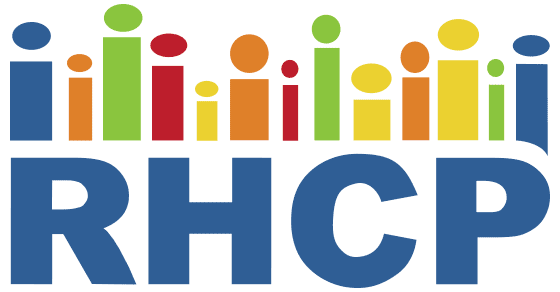Sustainability of a Tuberculosis Screening Program at an Adult Education Center Through Community-Based Participatory Research
Journal of Public Health Management and Practice. Nov 2019
A tuberculosis (TB) screening program developed through RHCP at Hawthorne Education Center in Rochester, Minnesota demonstrated long-term sustainability and effectiveness in serving a large foreign-born population. Initiated through a community-based participatory research (CBPR) approach, the intervention addressed barriers such as fear and stigma by fostering open dialogue and culturally sensitive education. Over eight years, more than 618 TB skin tests were administered, with 121 positive results. Of those, 101 individuals completed evaluations, 72 began treatment for latent TB infection (LTBI), and 57 completed the full course of medication. The program’s success was attributed to collaborative design, flexible staffing, and shared ownership among Hawthorne, the public health department, and RHCP.
The intervention’s longevity beyond its initial grant funding highlights the power of participatory frameworks in public health. Classroom education, tailored communication, and on-site testing created a trusted environment that encouraged participation. The program adapted to changing circumstances, including administrative shifts and learner turnover, while maintaining its core mission. Adult education centers like Hawthorne proved to be effective venues for health interventions targeting immigrant communities. This case study underscores the importance of sustained partnerships, community engagement, and flexible implementation strategies in addressing health disparities through locally grounded public health initiatives.
